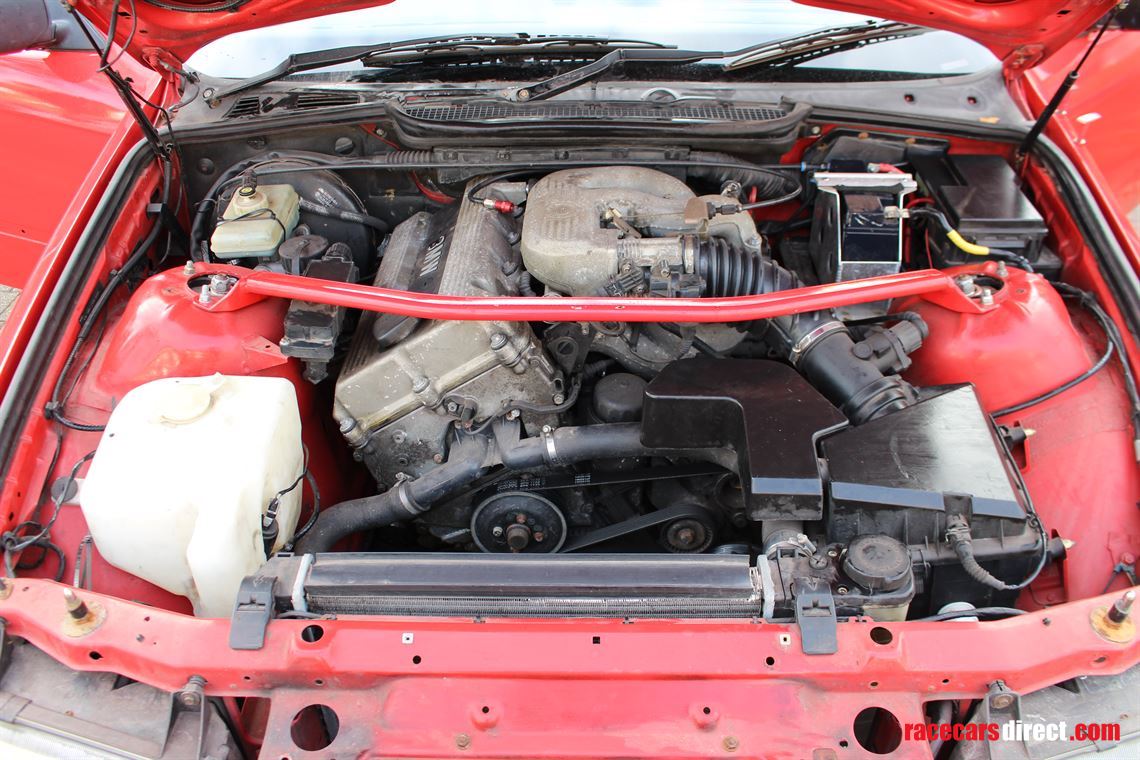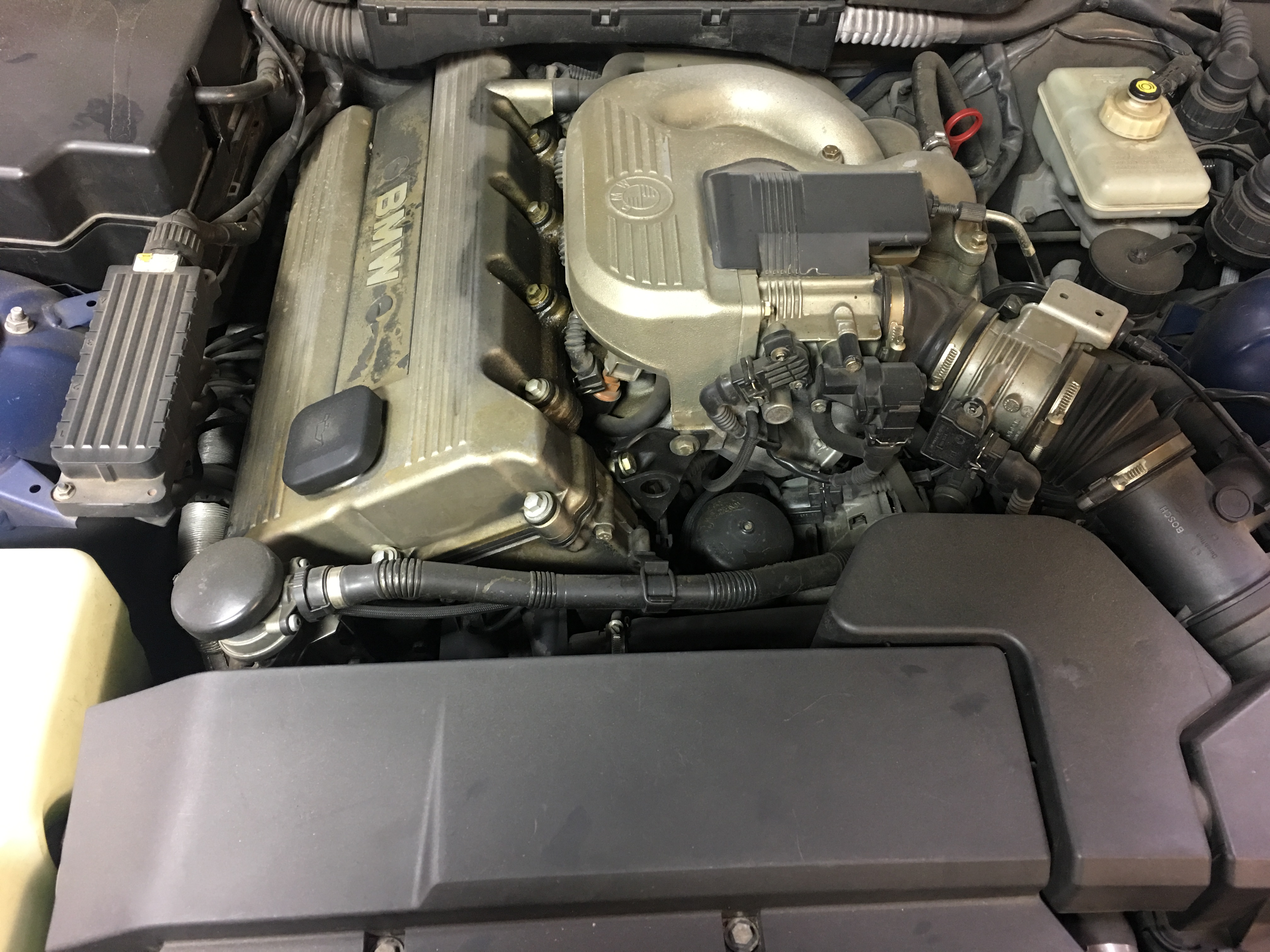The BMW 318ti: A Blend of Style, Convenience, and Performance
The BMW 318ti: A Blend of Style, Convenience, and Performance
Blog Article
Trick Functions to Look for When Purchasing an Engine for Automotive Applications
When thinking about the purchase of an engine for auto applications, several key functions call for careful assessment to make sure ideal efficiency and performance. From power and performance capacities to sustain efficiency, durability, and adherence to discharges requirements, each aspect plays a crucial role in figuring out the engine's viability for specific automobile requirements.
Power and Efficiency
When selecting an automobile engine, customers prioritize power and performance to make certain optimum driving experience and efficiency. A well-performing engine not just delivers power effectively but also runs smoothly across different rate arrays and driving problems.
Purchasers often consider the engine's torque output alongside its power ranking. Torque, gauged in pound-feet (lb-ft) or Newton-meters (Nm), shows the engine's rotational force, influencing the automobile's capacity to tow, climb slopes, and increase from grinding halt. A balance in between power and torque is crucial for achieving a functional and responsive driving experience. Additionally, elements such as engine displacement, hybrid, and turbocharging modern technologies play considerable roles in enhancing both power and efficiency degrees. Eventually, choosing an engine that uses a potent combination of power and efficiency guarantees a rewarding and reliable driving experience. bmw 318ti.
Fuel Performance
Enhancing fuel efficiency is an extremely important consideration for consumers when assessing auto engine options. Modern engines with features like straight gas shot, turbocharging, and variable valve timing can significantly improve gas efficiency by enhancing burning procedures and reducing power loss.

Longevity and Reliability
Achieving long-lasting efficiency and dependable procedure is important for consumers assessing the longevity and integrity of automobile engines. When thinking about an engine for vehicle applications, toughness describes the engine's capability to stand up to wear, tension, and extreme operating conditions over a prolonged period. Integrity, on the other hand, suggests that the engine can constantly perform its intended function without unanticipated malfunctions or failings.
Customers must try to find engines constructed with high-grade materials and precise engineering to make sure durability. Parts such as crankshafts, pistons, and bearings should be sturdy to deal with the engine's power output without premature wear. Furthermore, engines equipped with advanced air conditioning systems, effective lubrication, and robust filtering devices tend to display a fantastic read greater levels of dependability.
Regular maintenance and adherence to producer referrals are additionally important consider preserving an engine's toughness and reliability. By complying with maintenance timetables, using recommended fluids, and addressing any type of problems without delay, customers can make best use of the life-span and performance of their automobile engines. Ultimately, focusing on sturdiness and reliability in engine option can lead to a much more gratifying ownership experience with less unforeseen interruptions.
Discharges Compliance
Guaranteeing conformity with discharges guidelines is a crucial element of assessing auto engines for environmentally mindful consumers. With raising issues regarding air quality and ecological impact, stringent exhausts requirements have been established worldwide to decrease dangerous contaminants released right into the ambience. When buying an engine for automotive applications, it is vital to consider its emissions compliance to decrease the carbon impact and stick to legal needs.
Modern engines are geared up with advanced exhaust control modern technologies such as catalytic converters, exhaust gas recirculation (EGR) systems, and careful catalytic reduction (SCR) to lower dangerous exhaust gases like nitrogen oxides (NOx), carbon monoxide gas (CARBON MONOXIDE), and hydrocarbons (HC) These systems play a critical duty in making certain that the engine fulfills the specified discharges standards and operates within allowable restrictions.

Cost-effectiveness
When thinking about automotive engine acquisitions, evaluating cost-effectiveness is vital for customers seeking both efficiency and worth. Cost-effectiveness in engine acquisition involves even more than simply the preliminary acquisition price. It encompasses the general expenditures associated with maintenance, fuel consumption, and possible fixings over the engine's life expectancy. Deciding for an engine that supplies an equilibrium in between long-lasting financial savings and upfront expenses can result in considerable advantages for the moved here customer.
One trick facet of cost-effectiveness is fuel performance. Engines that are made to maximize fuel economic situation can lead to substantial financial savings over time, particularly for individuals who drive frequently or over lengthy ranges. In addition, considering the availability and price of spare components and servicing can add to the overall cost-effectiveness of an engine. Making certain that repair and maintenance are reasonable and accessible can prevent unanticipated economic problems down the line.

Conclusion
Finally, when buying an engine for automotive applications, it is crucial to think about key attributes such as power and efficiency, fuel dependability, resilience and efficiency, exhausts compliance, and cost-effectiveness. These variables are crucial in ensuring that the engine satisfies the needs of the lorry and operates effectively in various driving conditions - bmw 318ti. Making a notified decision based check out here on these criteria will inevitably lead to a successful and efficient automotive engine purchase
From power and efficiency abilities to sustain sturdiness, effectiveness, and adherence to emissions requirements, each facet plays a crucial duty in identifying the engine's suitability for specific auto requirements. Engines designed to run on alternative fuels such as electrical power, crossbreed systems, or biofuels can supply better gas economic situation and reduced emissions contrasted to conventional gasoline or diesel engines. Customers need to very carefully take into consideration the gas efficiency ratings and innovations integrated into vehicle engines to make informed buying decisions that align with their priorities for cost savings and sustainability.
When thinking about an engine for auto applications, longevity refers to the engine's capacity to endure wear, tension, and extreme operating problems over an extensive duration.In final thought, when buying an engine for automobile applications, it is essential to consider vital functions such as power and performance, fuel effectiveness, sturdiness and dependability, emissions compliance, and cost-effectiveness.
Report this page